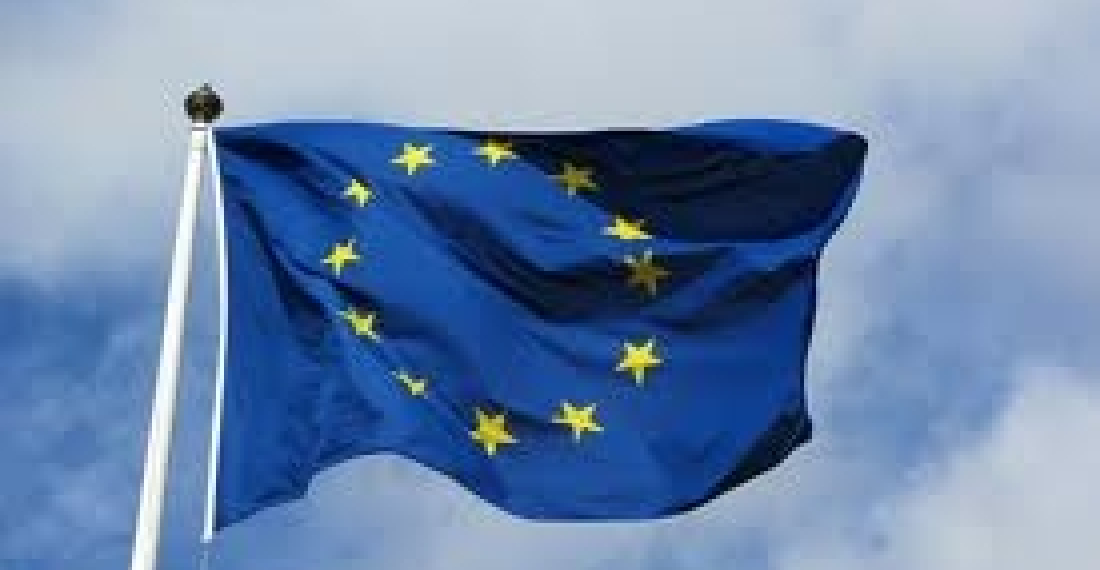The European Union and European Partnership for the Peaceful Settlement of the Conflict over Nagorno-Karabakh (EPNK) launches a call for proposals for small civil society projects supporting the peace-building efforts concerning the Nagorno-Karabakh conflict.
The grants pool, entitled the Regional Grants Initiative (RGI), was established as part of the second phase of EPNK. Through the RGI, the EU and EPNK aim to involve new partners, and respond to emerging needs and programmatic gaps and provide a flexible mechanism for funding new activities to build confidence and promote peace in the context of the Nagorno-Karabakh conflict.
The total budget of the RGI is EUR 100,000. Applicants are invited to submit proposals for projects worth between EUR 10,000-20,000. The deadline for submission of project proposals is 15 November 2013. This initiative is funded by the European Union and administered by EPNK.
EPNK is a consortium of five European NGOs (International Alert, Conciliation Resources, Crisis Management Initiative, Kvinna till Kvinna and LINKS) that works with local partners in the South Caucasus on a wide range of confidence building projects to positively impact the Nagorno-Karabakh conflict settlement process. This EU-funded consortium supports a dynamic dialogue between a broad range of policymakers, media and civil society representatives from all sides of the conflict. EPNK also brings a wider participation of conflict-affected people into the peace process, including women, youth, internally displaced persons and refugees. Its activities are arranged around three main themes: media, public policy and conflict-affected groups.
Applicants for RGI funding are invited to submit proposals for projects that complement EPNK's activities and introduce new, innovative peacebuilding initiatives. RGI application forms, as well as the guidance note for applications, including RGI eligibility criteria, can be found on the EU Delegation websites in Armenia, Azerbaijan and Georgia:
www.delarm.ec.europa.eu
www.delaze.ec.europa.eu
www.delgeo.ec.europa.eu
As of 24 October 2013, the information about the RGI call for proposals can also be found on the EPNK project website: www.epnk.org.







